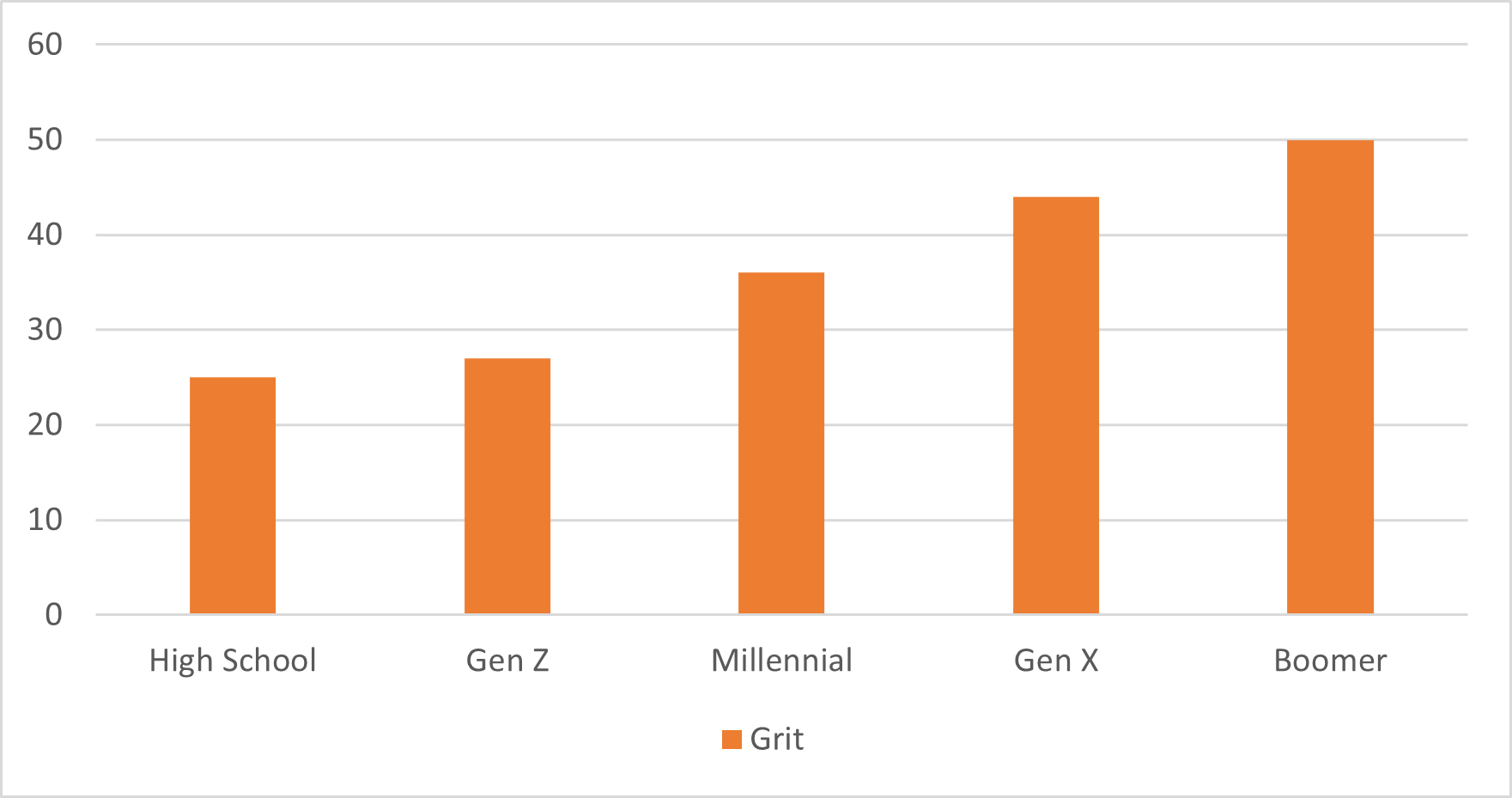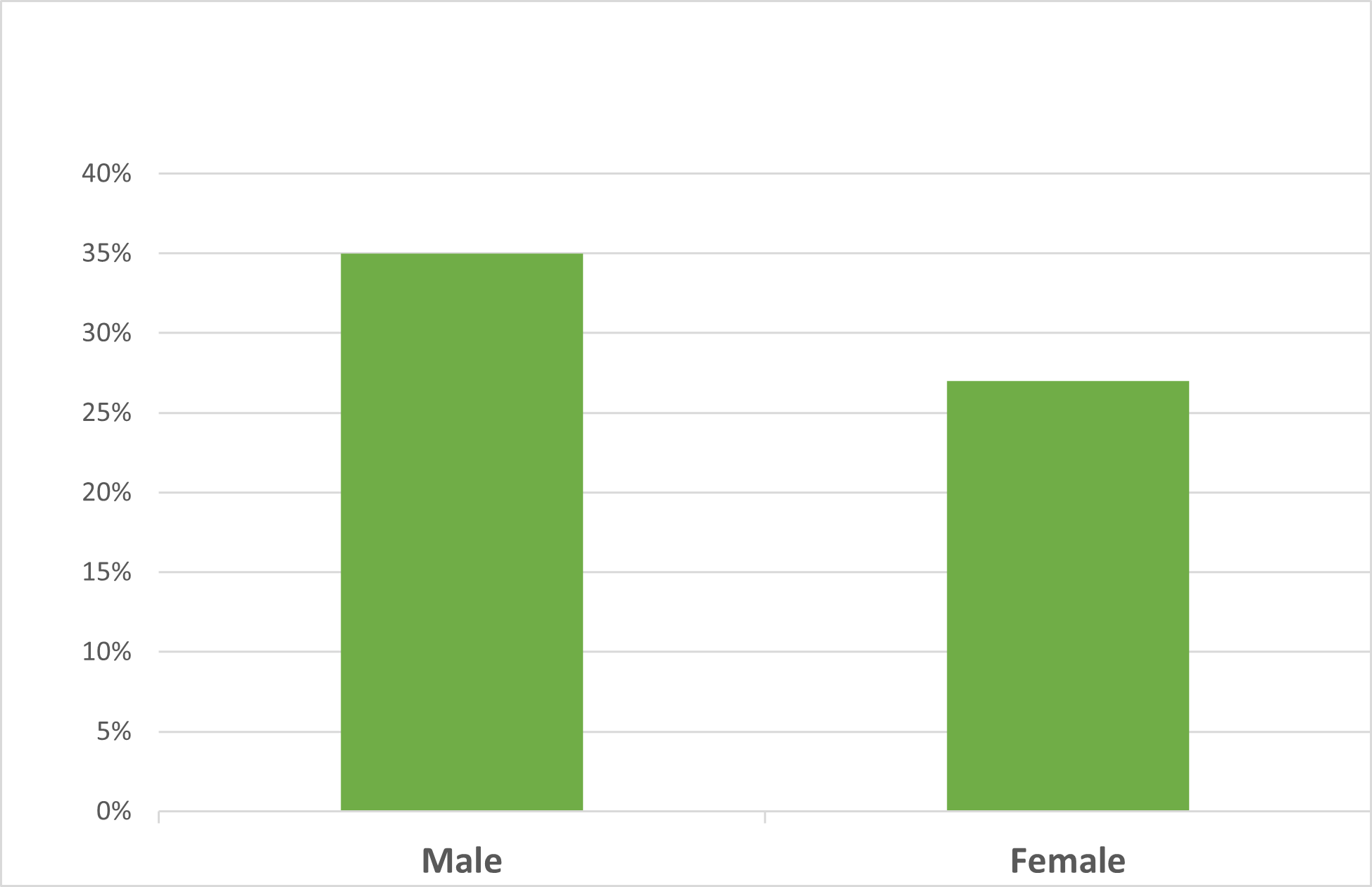
With the rise of Applicant Tracking Systems in the business world, it has become a lot more difficult for job seekers to even get in front of a hiring manager or recruiter.
If you’ve been looking to change careers, found yourself in need of a new job, or have simply tried to land your first job within the last few years, you probably noticed this. After all, the average applicant puts in roughly 50 applications before they get a callback.
This is because your application usually doesn’t even get noticed. Before a recruiter has a chance to see it, an automated system scans it and chucks it in the bin if it isn’t perfect.
One of the primary reasons that happens is your use of keywords. Like the search engines you use every day, ATS systems go through your resume looking for keywords and some finer details to gauge whether or not you’re a good fit for the position you’re applying for.
If you don’t have the right keywords, your application gets tossed out before it’s ever seen by a recruiter. Even if you actually have all the skills and requirements for a job.
So, here is how to pick the best resume keywords to make sure you actually get a shot at your dream job.
Where to Find the Best Resume Keywords
If you’ve ever been in a line of work that required you to handle marketing, or even if you just really enjoy using hashtags on your favorite social media page, you have experience with keywords. They work the same way. However, you get an advantage when using keywords in those spaces. You just have to look up which ones are performing best.

With a job application, you don’t get that advantage. There’s no way to know for sure what a hiring manager programmed into their ATS.
However, you can make some very accurate educated guesses.
This requires you to turn to the original job posting and look at it from a different angle. Instead of trying to learn about the job like you did in the first place, you want to pay extra attention to how the hiring manager worded things.
Keep in mind that it’s very likely that the same person who created the job listing and set up the Applicant Tracking System, will review your resume.
What are the Best Resume Keywords?
When it comes to resume keywords, it’s not as simple as listing out the top-performing keywords. Since every hiring team is going to word things differently, the best resume keywords for you are going to be dramatically different than they are for someone else.
However, there are a few categories that you should be looking at specifically.
1: Skills
Your skills are going to be some of the most important aspects of your resume. As such, the screening software will look for those specifically.
When choosing your keywords, make sure to look at the required skills in the job posting. How are they worded? Even a technical wording difference can cause the ATS to toss your resume.
Look at how the job listing words each skill you have, and word them the same way when listing your skills on your resume.
2: Prior Experience
Your prior experience is one of the most important things both the Applicant Tracking Systems and the hiring manager, will be basing decisions on.
That’s because it shows both your previous experience with the type of work you’ll potentially be doing and it helps identify any patterns in your job history that need to be acknowledged.
An example of finding relevant keywords for this would be if you were applying for a B2B communications and relations position, and the listing said that customer communication was a preferred experience for applicants. You were once a telemarketer pushing products to other businesses, and you listed that job as such.
The better way to do that would be to list it as customer communications as the hiring manager worded it in the job listing. Then, with your brief description, you can explain that you handled B2B telemarketing.
3: Credentials
Any other credentials you have should also include keywords relevant to the job listing. This includes educational credentials you’ve gained, apprenticeships that might be relevant, personality traits, and other things that make you a good fit for the job, but they’re not necessarily hard skills or job-related experience.
Try to use the job requirement keywords whenever possible with these, and if applicable, reword your credentials to match those keywords, as well.
The Don’ts of Resume Keywords
While finding the best resume keywords can make you feel like you’ve got the job in the bag and you’re going to beat the ATS with ease, there are a couple of things you don’t want to do with them.

First, you don’t want to use keywords dishonestly. It’s common for applicants to not have every preferred skill or requirement for a job, and if you are missing one, you don’t want to use those keywords just for the sake of tricking the ATS. Instead, use relevant keywords that highlight the requirements you do meet.
Then, you don’t want to stuff keywords everywhere and make the general text nonsensical. The screening software will pick up on the fact that you’re trying to trick it, and it will likely toss your application. Even if it does get through, you’re left with a low-quality resume the recruiter won’t spend longer than a few seconds on.
Test Your Resume Keywords with Innate Before You Apply
Making sure you’re leveraging the best resume keywords properly is a difficult task, and it can feel like you’re taking a shot in the dark. You don’t have to, though.
Innate offers free resume reviews to help you make sure your resume will get through ATS software and impress your next potential boss.
But that’s not all. With our resume quiz, you can optimize your resume to an even further extent, maximizing your chances of standing out.



